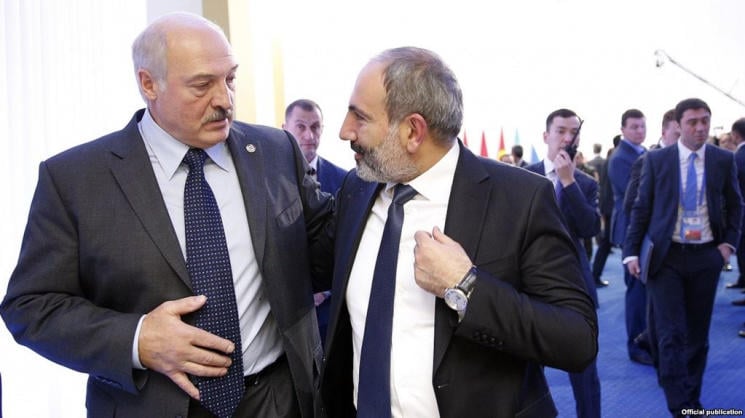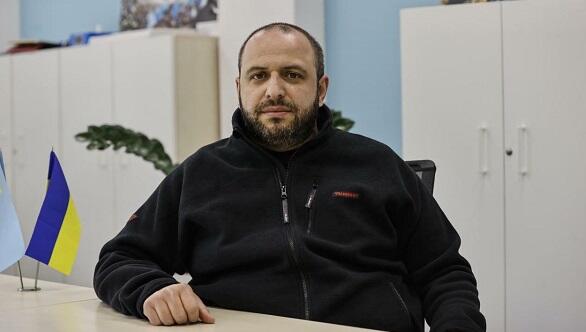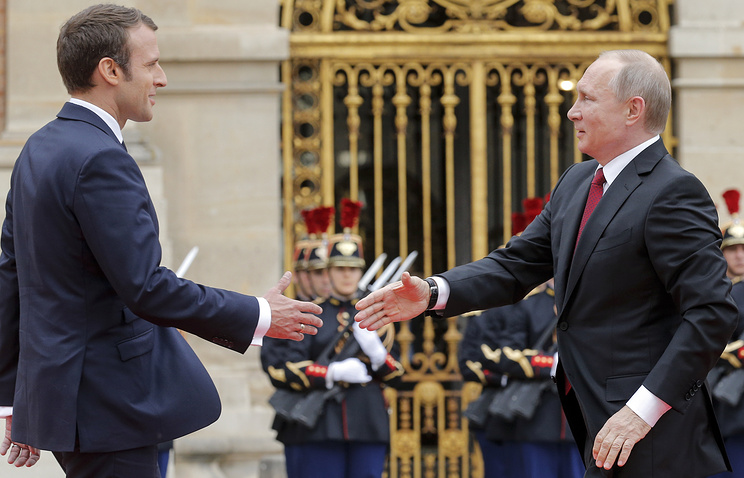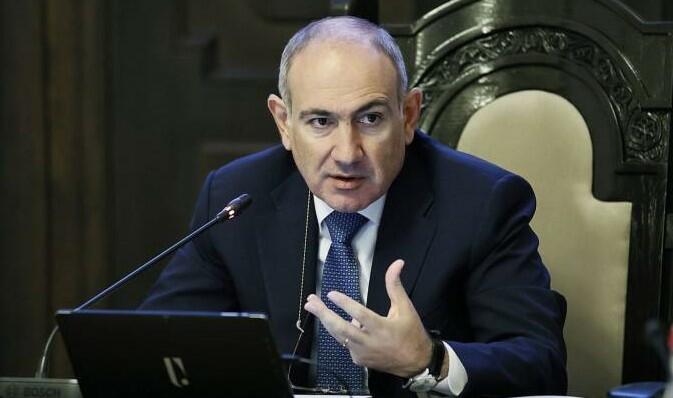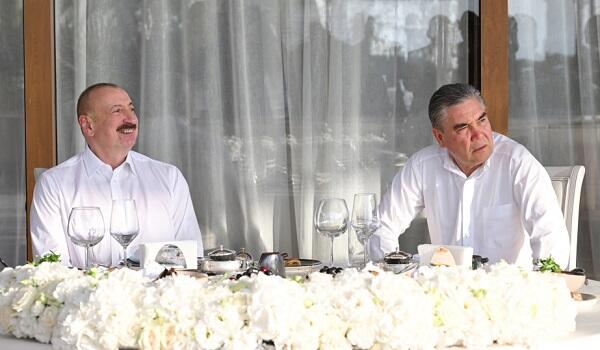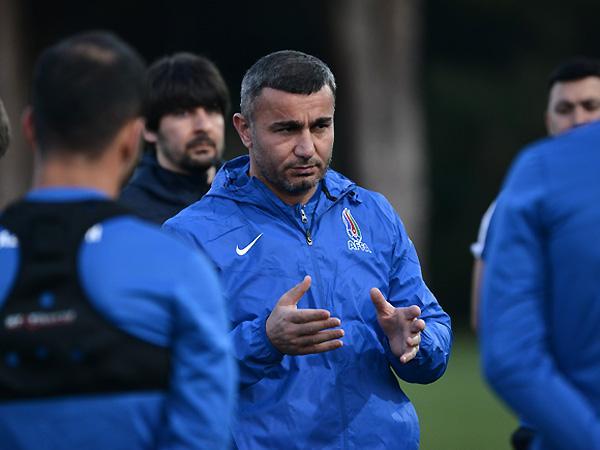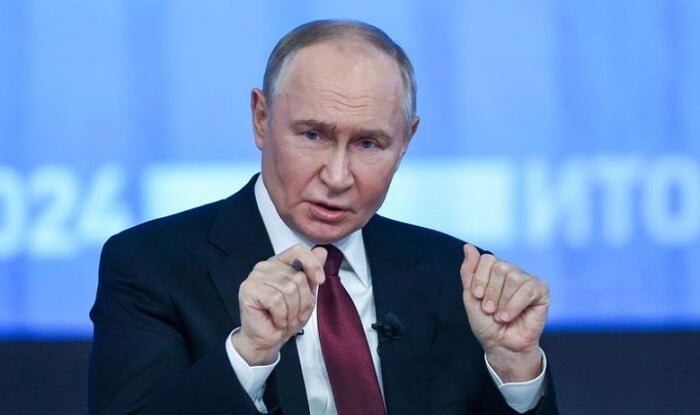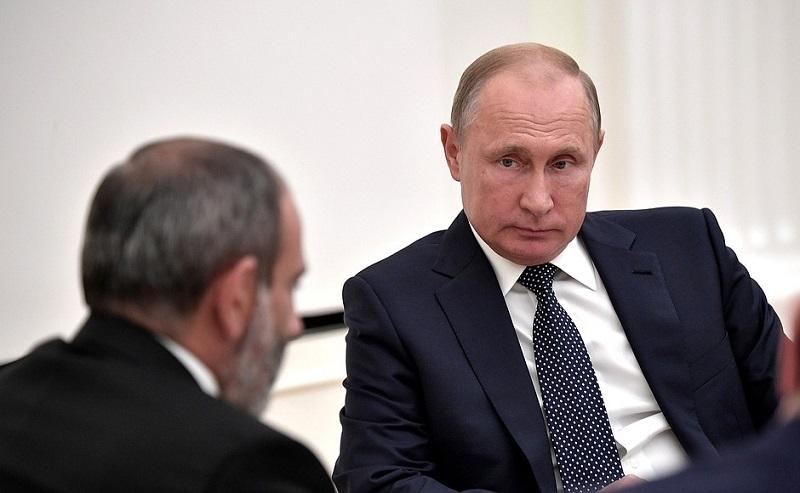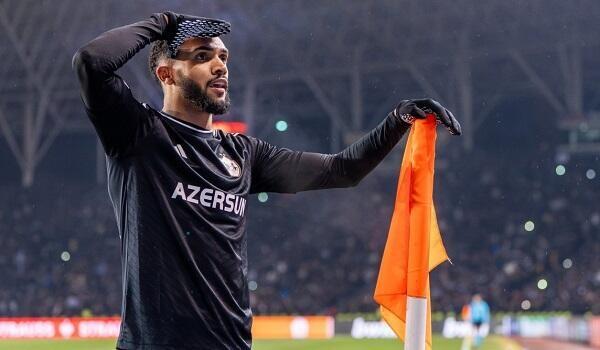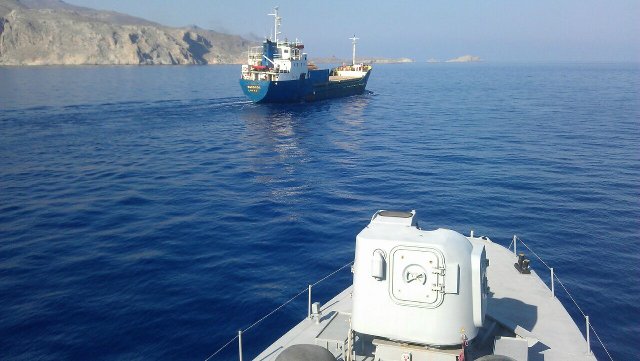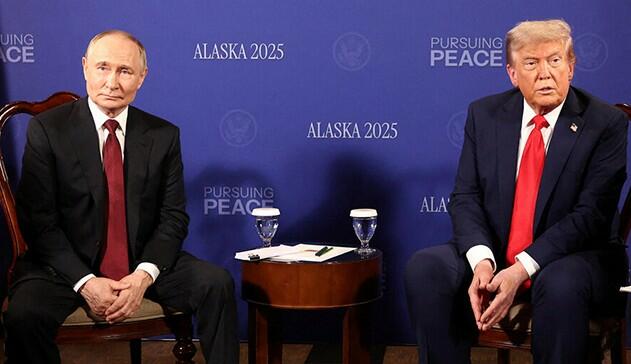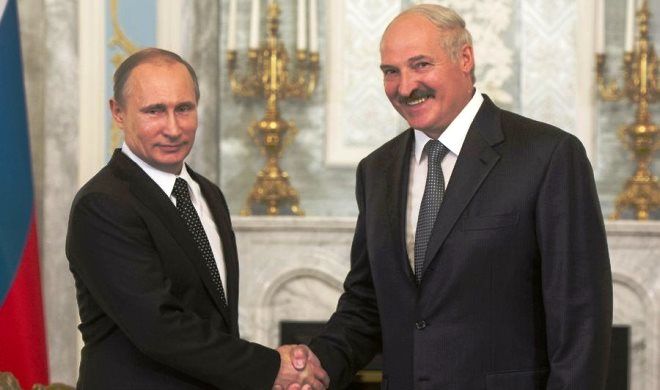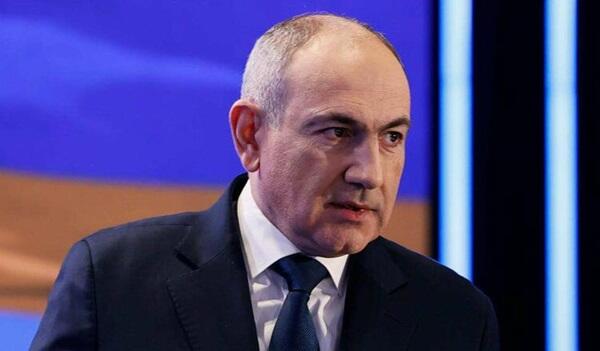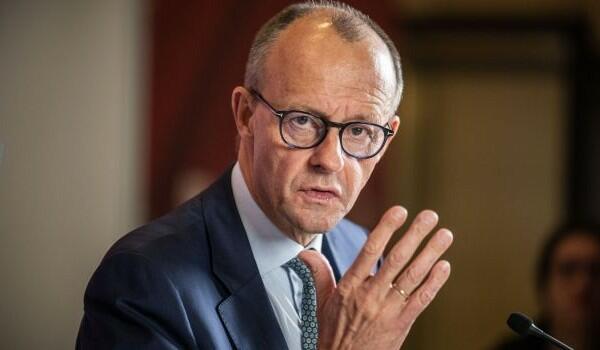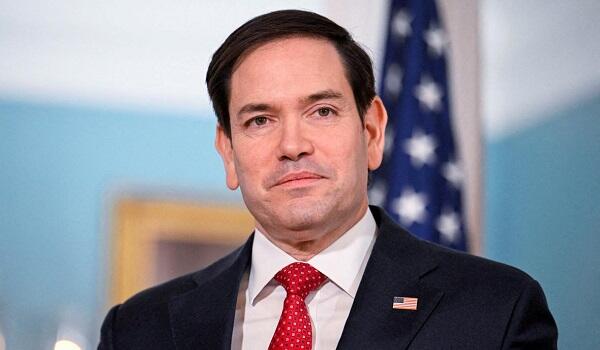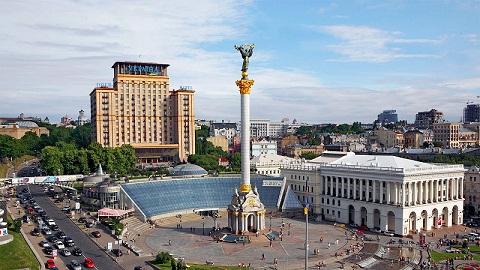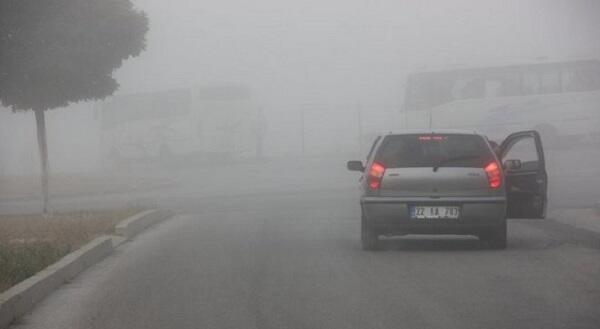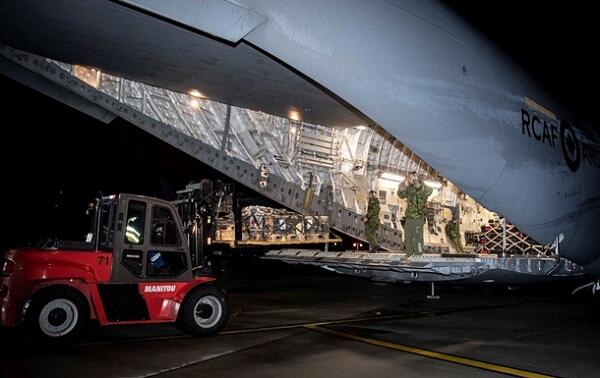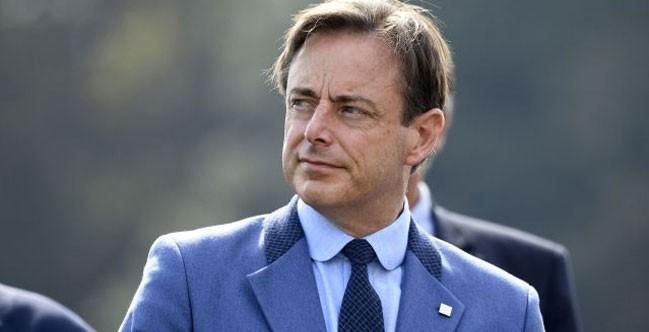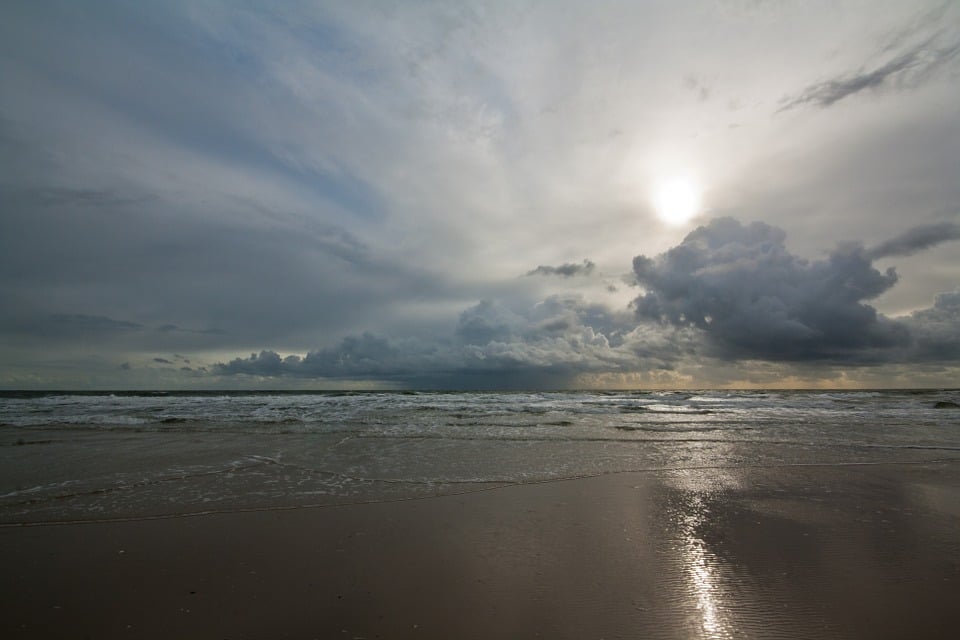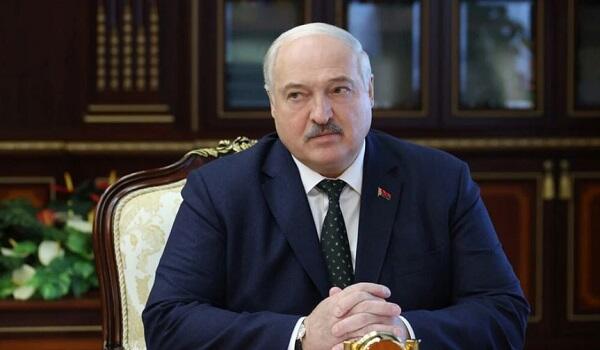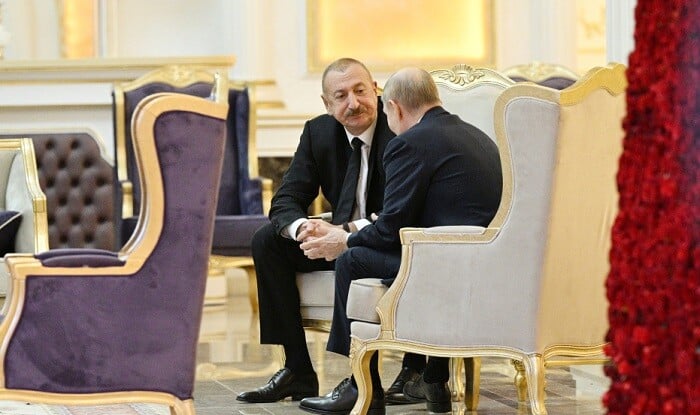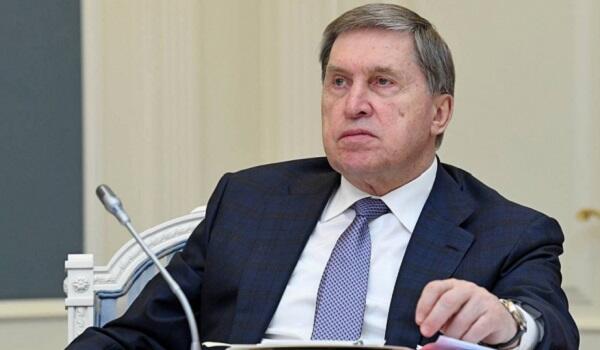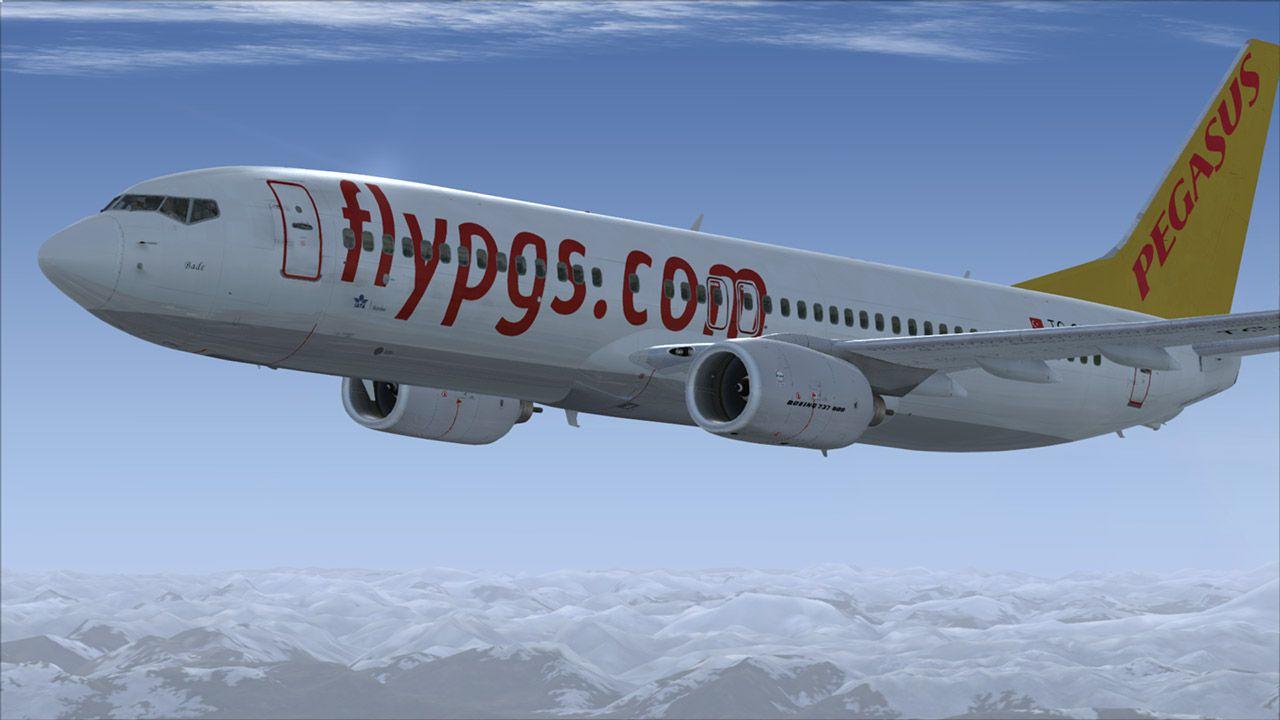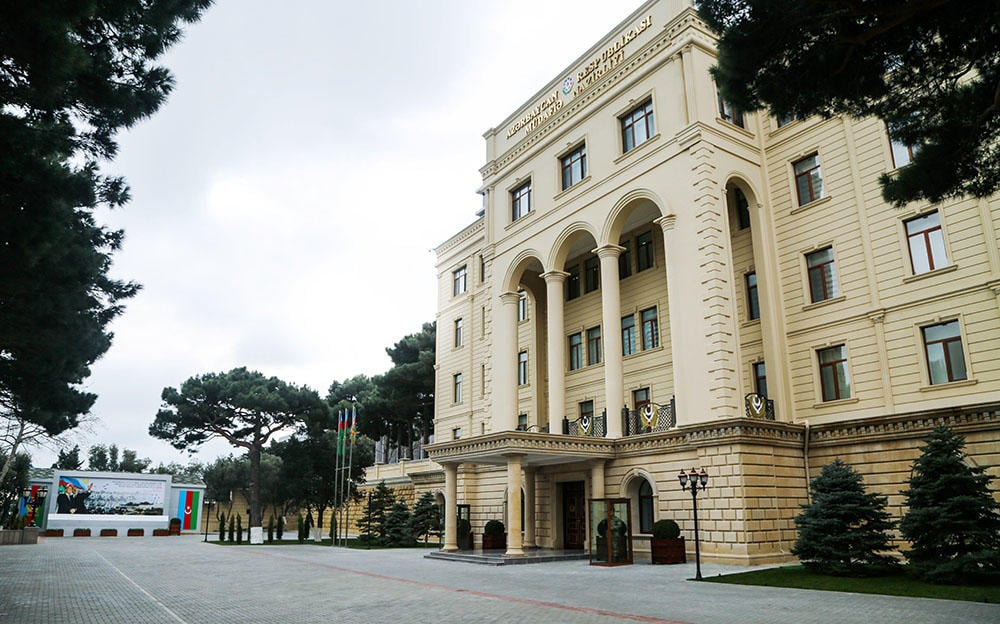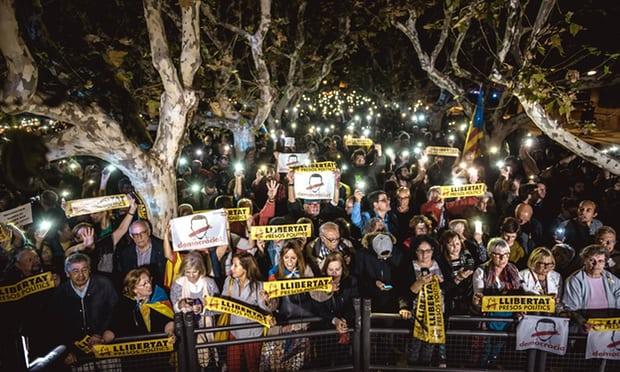On Monday, Spain’s attorney general announced that he had asked the national court to bring charges of rebellion, sedition and misuse of public funds against 14 members of the deposed Catalan government, including the president, Carles Puigdemont, while the supreme court would look into possible action against Carme Forcadell, the speaker of the Catalan parliament, and other parliamentary officials for the part they played in paving the way for the independence vote on 1 October.
Axar.az reports citing the Guardian.
However, it soon emerged that Puigdemont and five of his former ministers had travelled to Belgium the previous night. The ousted president has refused to return to Spain until he receives guarantees that he will face a fair judicial process.
Then on Thursday, a national court judge remanded eight members of Puigdemont’s cabinet into custody pending possible charges. She said the Catalan leaders – including Puigdemont’s deputy, Oriol Junqueras – represented a flight risk.
On Friday, the judge issued a European arrest warrant for Puigdemont and four of his former ministers.
Why have the courts got involved?
This is not the first time the courts have become involved in the independence issue. In March this year, the Catalan high court banned Puigdemont’s predecessor Artur Mas from holding public office for two years after he was found guilty of disobeying the Spanish constitutional court by holding a referendum in 2014.
In September, the constitutional court suspended the hastily passed legislation underpinning last month’s referendum. This week the court also suspended the independence declaration itself.
Six days before the vote, the Spanish attorney general warned that he had not ruled out the possibility of arresting Puigdemont. On Monday, he said he had asked for charges to be brought against the deposed government because its actions over the past two years had “produced an institutional crisis that culminated with the unilateral declaration of independence made with total contempt for our constitution on 27 October”.
How is Puigdemont viewed by the two sides?
Unsurprisingly, opinions differ. To Catalans in favour of independence, he is a leader who has fulfilled his promise to let the region vote on its future and risked a huge amount by standing up to the Spanish state. To those Catalans who want to remain part of Spain, he is a populist who ignored the law and half the region’s people in his ideological rush to secede.
As far as the Spanish government is concerned, Puigdemont has pushed his luck too far for too long and is set to face the legal consequences.
What happens next?
Moves to extradite Puigdemont from Belgium could take months, if not years. The next key date will be 21 December, when Catalonia goes to the polls to elect a new government. Pro-independence parties are already billing the vote as a de facto plebiscite on independence and will be hoping that recent events have won more supporters to their side.
The Spanish prime minister, Mariano Rajoy, has repeatedly ruled out a Scottish-style referendum, arguing the constitution is very clear when it comes to the “indissoluble unity of the Spanish nation”.
The constitution could be amended but such a move would require agreement and a sizeable dose of goodwill from all the relevant parties. The only certainty is that the Catalan crisis is very, very far from over.
How did the current political crisis come about?
Advertisement
The past seven years have seen a growing clamour for independence among Catalans, many of whom believe their wealthy region has a moral, cultural and political right to self-determination and that it has long put more into Spain economically than it has received in return. According to polls, roughly half of Catalans are in favour of secession.
Support for independence has grown as Spain has endured a painful and protracted economic crisis, but many separatists are still furious about the Spanish constitutional court’s 2010 decision to annul or reinterpret parts of the 2006 Catalan statute of autonomy, which would have afforded the region greater independence. The move followed lobbying from Rajoy’s conservative People’s party. Rajoy became prime minister in a landslide election victory in 2011.
In June this year Puigdemont announced an independence referendum would be held on 1 October, following the symbolic referendum three years earlier in which 80% of voters backed independence – albeit on a turnout of less than 50%.
Despite repeated warnings from the Spanish government and the country’s constitutional court that such a vote would be illegal and a clear violation of Spain’s 1978 constitution, the poll went ahead. The day itself was marred by violence after Spanish police used force to try to stop the referendum. According to the Catalan government, about 2.3 million of Catalonia’s 5.3 million registered voters – 43% – took part in the referendum, with 770,000 votes lost owing to the police operation.
Nine days later, Puigdemont signed a declaration of independence but proposed its effects be suspended for two months to allow for dialogue. Rajoy said there could be no negotiations until the Catalan government abandoned its independence plans. Failure to do so, he warned, would force his government to take the unprecedented step of using article 155 of the constitution to impose direct rule on Catalonia.
On 27 October, pro-independence Catalan MPs voted to declare independence in a session that was boycotted by dozens of opposition MPs. Less than an hour later, the Spanish senate approved the use of article 155 and Rajoy sacked Puigdemont and his government and called snap regional elections.
